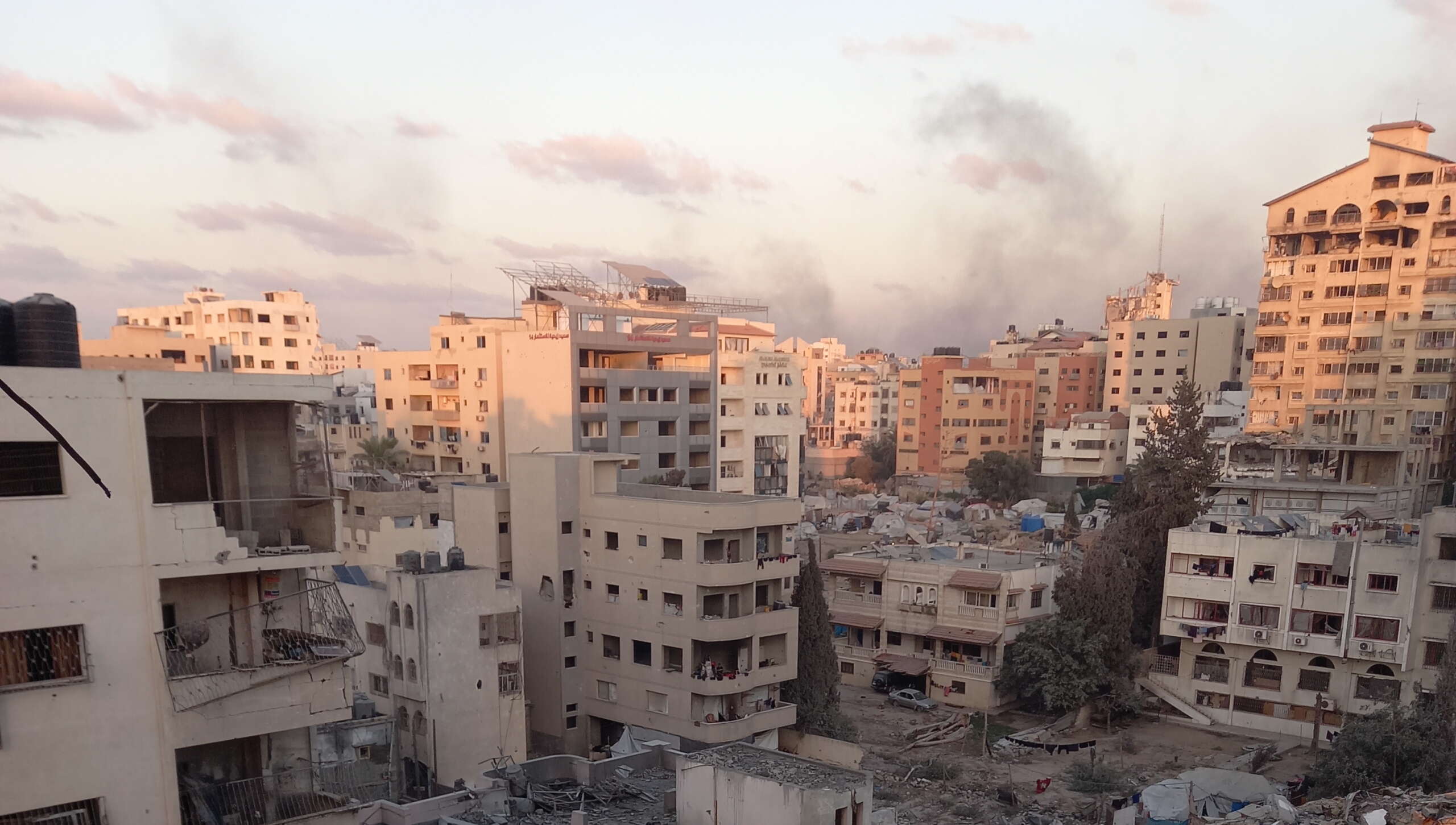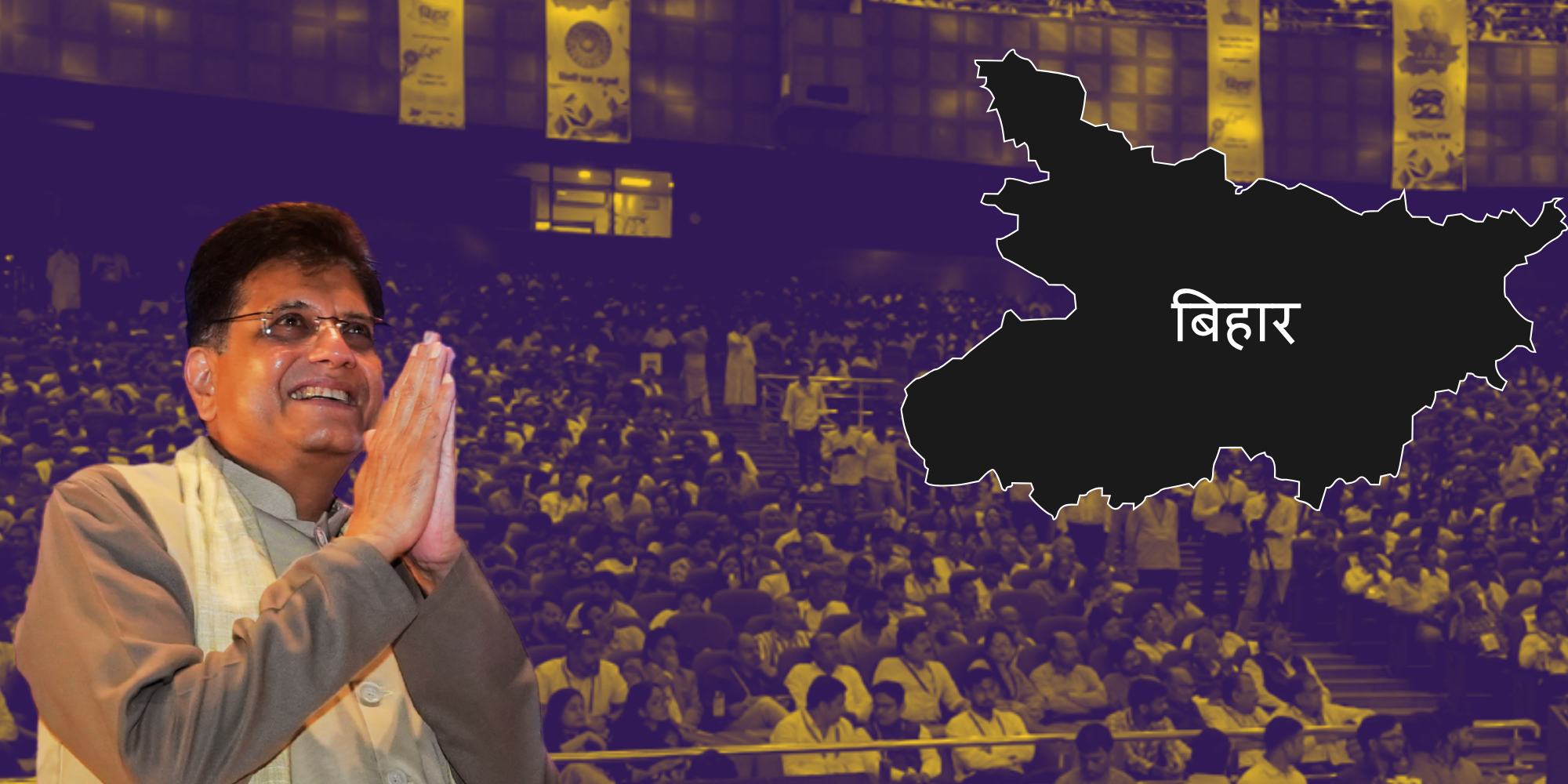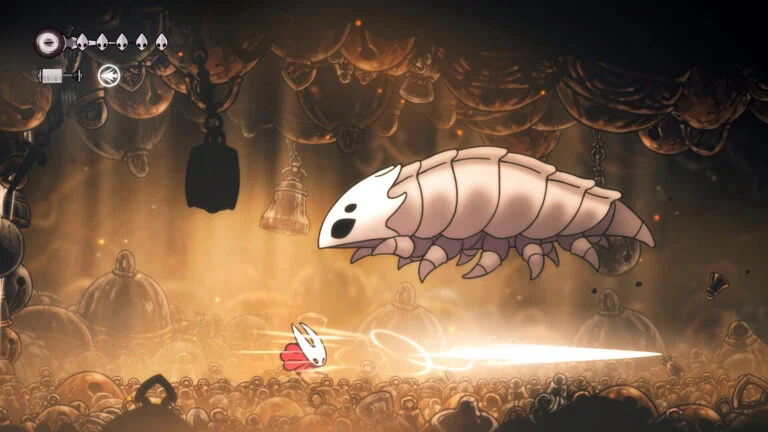By Dalia Abu Ramadan
Copyright truthout

This week, as I stood on my mattress, ready to collapse with exhaustion, my phone suddenly rang. It was my cousin Raneen, her voice urgent and trembling: “Dalia, have you and your family evacuated? They’re about to bomb the tower beside you — and the one across from you. Hurry!”
I immediately started hearing neighbors screaming and people running through the streets in panic. Even now, I struggle to process what happened.
Because I live in a tower surrounded by others in Al-Rimal — a neighborhood in Gaza City dominated by high-rise residential buildings — I felt as though I were living in a ghost city the moment the Israeli occupation began destroying the towers. I knew the day of displacement would come, that I would one day be forced to leave everything behind. But I never imagined the full shock and panic of this news arriving just as I settled to rest.
The Al-Rimal neighborhood has been facing periodic bombardment since April 2025, and the concerted bombing of its high-rise residential buildings started on September 10. On September 14, the day when my cousin called me, the chaos reached its peak.
Countless residential buildings were destroyed. Even shelters were not spared. The Greek Orthodox School, run by the Greek Orthodox community but open to displaced families of all faiths, was struck despite being packed with refugees. And the Islamic University of Gaza — which had previously been targeted many times — was reduced to the ground entirely. This time, the occupation appeared determined to bury every safe haven for the displaced.
That evening, at around 6:30 pm, all I wanted was half an hour of rest. Instead, panic erupted in the streets. People were running and shouting, evacuating our residential block after representatives of the Israeli army called one of our neighbors to say they were going to bomb the massive Al-Jundi tower beside us, and the enormous Sharab residential complex directly across the street.
My family and I knew none of this — we had left our phones aside, desperate for a brief pause. Then came the call from my cousin Raneen, her voice carrying the weight of death itself. At the same time, our neighbors pounded on our door, screaming, “Hurry! There’s no time — you’ll die if you stay!”
I froze, my hands tied by fear. I looked at my sister Farah, unable to move. My mother cried out, “Your brother is outside — how will he know that our whole block is about to be wiped out?”
The shock was unbearable, especially for my father. We rushed down from the seventh floor, pushed forward by the screams around us. We left that tower with nothing but our lives — and our phones.
Finally, we made it out of the high-rise apartment building. I found my brother Mohammed in shock at the door of the tower, saying, “Everyone knows about the brutal bombing that’s coming!” At that moment, his friend Bilal called, equally horrified: “How can the occupation do this in a residential neighborhood packed with people?!” But Mohammed hung up, shouting, “There’s no time to listen!”
We ran with the crowds in the street, desperate to put at least 20 meters between us and the buildings, though danger still hung over us like a shadow.
We stopped in the middle of the road with dozens of other displaced families, not knowing where to go or when the bombing would begin. Then I heard one of the displaced women say, “They won’t carry out ordinary strikes this time — they will use fire belts!”
Fire belts (or “belts of fire”) are an Israeli military tactic in which a continuous chain of explosive strikes is unleased on a single area, decimating buildings along with the entire infrastructure of the targeted area.
The moment those words left her mouth, we all screamed because fire belts do not mean the destruction of one tower, or even several — but the annihilation of an entire neighborhood, its streets, and everyone in it.
At last, a call from the Israeli military came confirming that the occupying army would not use fire belts. Perhaps they decided that the destruction of those massive buildings was already enough to bury our neighborhood in ruins.
We stood in the street with dozens of displaced families for three endless hours — hours of terror and waiting. The only words that kept circling on everyone’s lips were: “When will it end?”
A representative from the Israeli army called our neighbor from the Kolak family, warning that the strike would be massive. Our neighbor, with bitterness in his voice, asked them, “And when will you finish?” That question captured exactly what was burning inside us all: When will this nightmare end, so we can return to what is left of our homes — or rather, to the rubble?
During the brutal bombardment, I saw fear carved onto every face. Parents’ eyes were heavy with agony as they prayed nothing would happen to their children. The elderly, too weak to walk, were drained of every ounce of strength. We all longed for one thing only: for the bombing to be over.
And finally, after three hours, it ended. I will never forget how we rejoiced — despite having lost our home — simply because we were still alive. Yet joy quickly dissolved into despair when we saw what remained. Our apartment building, half-destroyed, stood dangerously unstable and unlivable, scarred by the leveling of the massive buildings that once stood beside it.
Despite everything, we decided to take the risk and go back for the belongings we couldn’t retrieve before. We climbed to the seventh floor, even though half the tower was already destroyed. Suddenly, while inside, we felt suffocated. Looking down, we saw the lower floors engulfed in flames. Panic and fear struck us, and the Palestinian Civil Defense (the body that usually dispatches emergency responders during disasters like fires) refused to come — our neighborhood had been marked a “red zone,” too dangerous to enter.
With the help of our neighbors, we managed to put out the fire and fled quickly into the night. At midnight, we called my uncle’s family, begging them to host us just for that one night. On the way to their house, warplanes roared overhead, the smell of gunpowder filled the air, and the streets were swallowed by terrifying darkness. Along the road, I saw displaced families collapsed on the ground, sleeping in the open, exhausted and broken.
Now we find ourselves forced to consider going south, no matter the cost. After demolishing the high-rise apartment buildings in Al-Rimal, the army threatened us with displacement, ordering us to leave. Yet even in the south, there is no safety — and no shelter awaiting us there.
I don’t know if I will ever live through moments worse than these. How much longer, world? Have you ever tried to place yourselves in the very moments we endure, or are you simply incapable of imagining them at all? I will never forgive a world that watches us die and treats us as if we are nothing.



